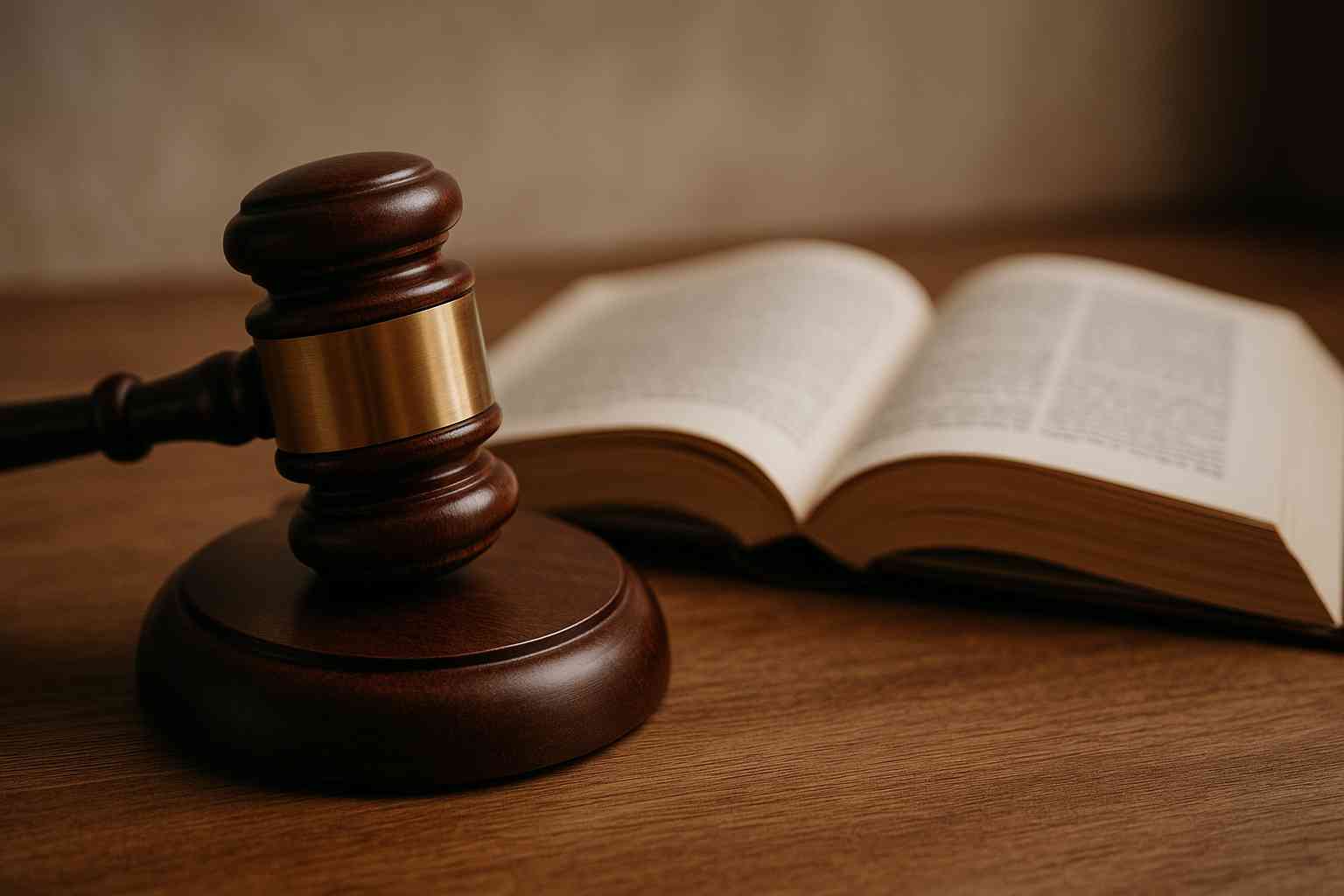When disputes arise in financial matters, Jewish law provides a structured forum where claims can be heard and resolved: the Beis Din. Unlike secular courts, Beis Din functions within the framework of halacha, yet for those in New York, its rulings often carry weight alongside civil law. Continue reading and reach out to a knowledgeable lawyer and to’en from 59Law.com to learn more about how financial torts are handled in Beis Din and how our firm can help protect your interests. Here are some of the questions you may have:
What are some common examples of financial torts?
Financial torts refer to wrongful actions that cause another person to suffer monetary harm. In Beis Din, these matters are taken very seriously, as fairness and honesty in business dealings are fundamental values in Jewish tradition. Some common examples include:
- Fraud or misrepresentation in transactions
- Breach of trust in financial agreements
- Damage to property resulting in economic loss
- Unjust enrichment at another’s expense
- Conversion or wrongful use of another’s assets
How does Beis Din approach these disputes?
Beis Din focuses heavily on principles derived from Torah and halachic sources, ensuring that every case is evaluated through a lens of ethical responsibility. When a claim is filed, the to’en, who serves as the halachic advocate, helps present the facts and legal reasoning before the dayanim, or judges. Testimony is given, evidence is reviewed, and each side is granted a fair opportunity to be heard.
Unlike secular courts, Beis Din does not rely on juries or lengthy procedural rules. Instead, it emphasizes moral accountability, honesty, and direct evaluation of the circumstances. At times, this can make the process feel more personal and less adversarial. Still, the weight of the ruling is significant, as it obligates the parties under Jewish law, and in many cases, New York civil courts respect arbitration awards from Beis Din.
What role does a to’en who is also a licensed attorney play?
For individuals facing complex financial disputes, representation by a to’en who is also a licensed attorney provides unique advantages. Such a professional understands both halachic reasoning and secular legal standards, which is invaluable when the case overlaps with civil law. For example, a dispute over a business contract may need to be resolved in Beis Din, yet its outcome could have implications in civil court enforcement.
A to’en with legal training can help clients prepare thoroughly, explain the nuances of halachic claims, and safeguard the client’s rights if the matter extends beyond Beis Din. This dual experience provides peace of mind, as it ensures that no aspect of the case is overlooked, whether halachic or legal.
If you have further questions or wish to speak with someone who can effectively advocate for your interests either in Beis Din or in court, look no further than 59Law.com. Contact us for an initial consultation today.
